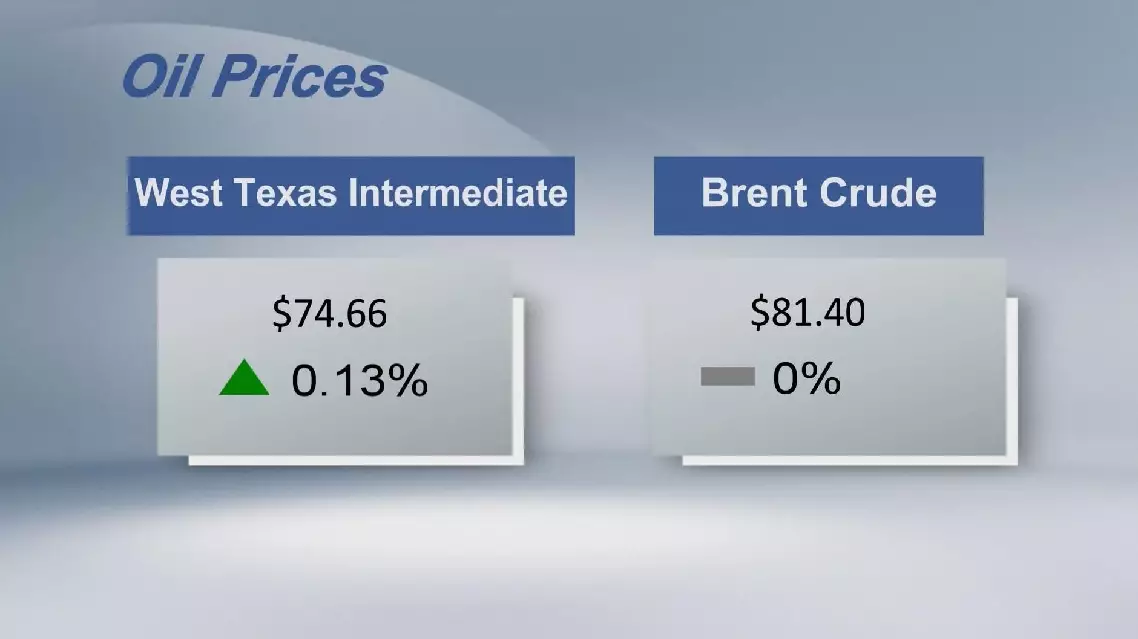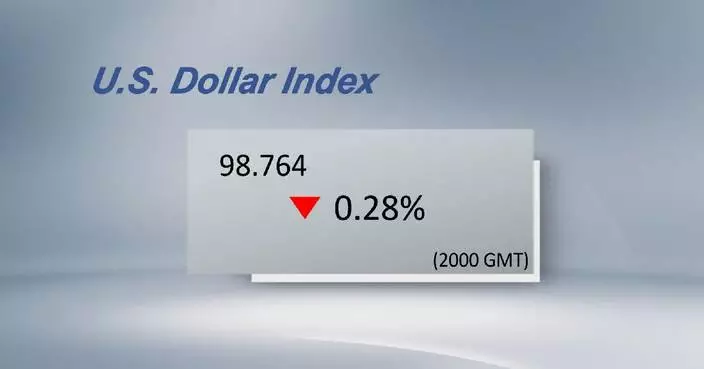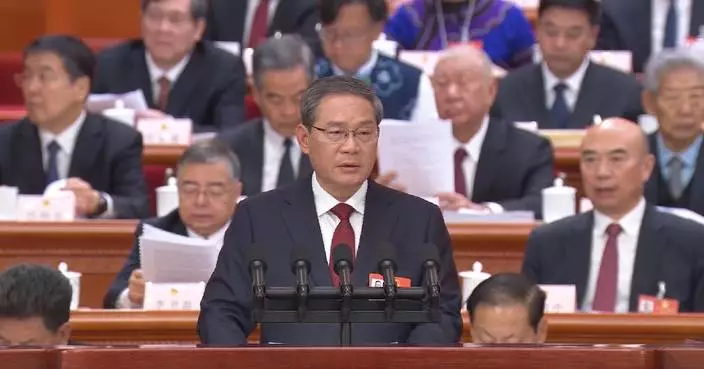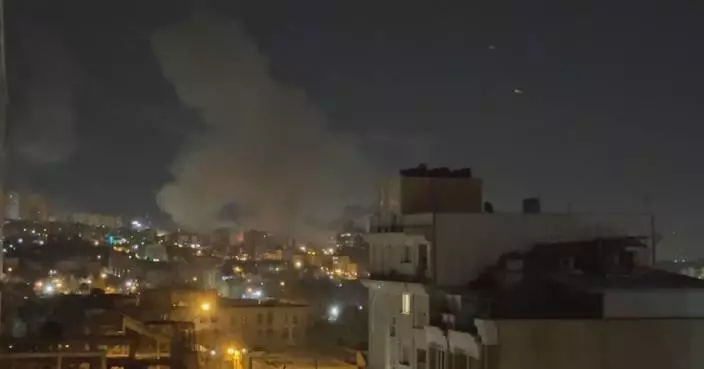The European Union should play its unique role in Israel-Iran conflict in Middle East peace efforts and reduce dependence on the United States, said a scholar from a Brussels-based think tank while commenting on the intensifying Israel-Iran conflict.
As the division between the EU and the U.S. has been exposed amid the escalating Israel-Iran hostilities, European experts have argued that the European side should reflect on its the reliance on the United States in terms of the security issue.
Sven Biscop, director of the Europe in the World program at Egmont – Royal Institute for International Relations, said that European countries must develop autonomous military capabilities.
"In my view, that means that all the European forces of NATO together should be able to operate, if necessary, without American help, no longer being shown the dependence on the United States. And also we will have to act very urgently, whereas it would have been wiser to start to rebuild our forces a few years earlier," Biscop said.
Biscop said the EU should take an active part in the Middle East and the Gulf to guard against spillover effects from the region and push for an agreement among all parties concerned.
"Unfortunately Europe, for the moment, has little influence in the Middle East and the Gulf. We must play a more active role again in the Middle East and the Gulf, because it's in our neighborhood. And if things go wrong, the early spillover effects will hit us first. So I think in the past, we have not paid enough attention to the region, and this is something to be corrected. I think we should make our position clear that what we want is a balanced regional agreement, a consensus between all the key players. From the European point of view, we don't have to choose sides in this, we just need all the parties to come to an agreement," he said.
The conflict enters the seventh consecutive day on Thursday. Israel carried out fresh waves of airstrikes in Iran on Wednesday, with the Israeli military saying it was targeting nuclear-related facilities and weapons sites.
Overnight, Iran launched two missile barrages at Israel, triggering air raid sirens across the country and sending millions to shelters. Security officials said several missiles were intercepted, while others sparked fires. There were no reports of casualties, according to emergency services.
The current hostilities began with Israeli airstrikes on Iran on June 13. Nearly 600 people have been killed in Iran and 24 in Israel since the aerial conflict erupted, according to official figures.

EU needs greater independence on Iran-Israel conflict: scholar









